In today's rapidly evolving business landscape, the role of Human Resources (HR) has transcended beyond mere administrative tasks to becoming a strategic partner in driving organizational success. HR consulting plays a crucial role in supporting management by providing insights and solutions for challenges related to productivity, mental health, and employee turnover rates. By integrating the principles of neuroscience into HR practices, businesses can gain a competitive advantage in fostering a healthier and more productive work environment. In this blog, we explore how neuroscience can revolutionize HR consulting, ultimately leading to enhanced productivity, improved mental well-being, and decreased turnover rates in businesses.
Understanding the Brain for Optimal Productivity
Neuroscience offers valuable insights into how the brain functions and processes information. By understanding how the brain responds to different stimuli, HR consultants can tailor workplace environments and training programs that maximize productivity. For instance, optimizing work schedules, minimizing distractions, and promoting effective communication can align with the brain's natural cognitive rhythm, leading to increased focus and improved performance.
Additionally, utilizing neuroscience-backed training methods can help employees retain information better, leading to more effective learning and skill development. Implementing such practices can contribute significantly to the organization's overall productivity and efficiency.
Supporting Mental Health through Neuroscience-Informed Strategies
The importance of mental health in the workplace cannot be overstated. Stress, anxiety, and burnout can hinder employees' performance, ultimately affecting the company's bottom line. HR consultants, armed with insights from neuroscience, can design programs to promote employee well-being and reduce mental health-related issues.
Neuroscience emphasizes the role of emotional intelligence in managing stress and emotions effectively. HR consultants can incorporate training sessions that focus on mindfulness, resilience, and emotional regulation, equipping employees with tools to handle challenging situations in a healthier manner. By nurturing a supportive and inclusive work culture, businesses can create an environment where employees feel comfortable seeking help when facing mental health challenges.
Reducing Turnover Rates with Neuroscience-Driven Employee Engagement
High turnover rates can be a significant concern for businesses, leading to increased costs associated with recruitment and training. Neuroscience can offer valuable insights into employee engagement, leading to a more targeted approach in retaining talent.
By understanding the brain's reward system, HR consultants can design recognition and incentive programs that foster a sense of accomplishment and belonging among employees. Neuroscience also emphasizes the importance of social connections, which can be leveraged to create a strong sense of community within the workplace. Engaging team-building activities and open communication channels can strengthen relationships among employees, reducing the likelihood of turnover.
Leveraging Neurodiversity for Innovation and Creativity
Neurodiversity refers to the natural variation in how individuals' brains function, leading to diverse cognitive strengths and thinking styles. Embracing neurodiversity in the workplace can drive innovation and creativity. HR consultants can play a pivotal role in facilitating a culture that celebrates and accommodates different cognitive perspectives.
By recognizing and harnessing the unique strengths of each individual, businesses can create diverse and high-performing teams that approach problem-solving from various angles. This approach can lead to breakthrough ideas, improved decision-making, and overall organizational growth.
Conclusion
Incorporating principles of neuroscience into HR consulting can be a game-changer for businesses seeking to enhance productivity, support mental health, and reduce turnover rates. By understanding how the brain works, HR consultants can design strategies that align with employees' natural cognitive processes and emotional needs, leading to a more engaged and motivated workforce. Embracing neurodiversity and prioritizing mental well-being fosters a positive work environment where employees thrive, ultimately contributing to the organization's long-term success. As businesses continue to evolve, leveraging neuroscience in HR consulting is no longer an option but a necessity for sustained growth and prosperity.
